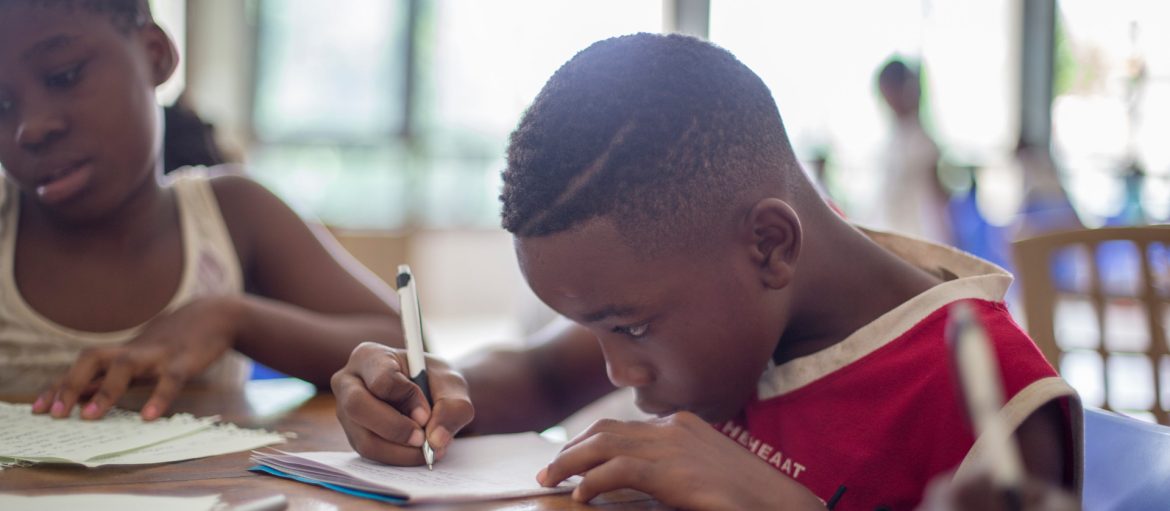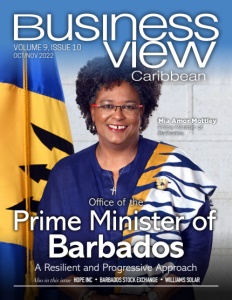The organization Supreme Counseling for Personal Development is looking for private sector partnerships with the roll-out of its new self improvement programmes catering to young people.
During a ceremony held at the Hilton Barbados on Wednesday, chief executive officer of the non-governmental organization, Shawn Clarke, said that under the group’s Reach One, Save One initiative, Supreme Counseling has been assisting 1 570 students with personal development issues in six secondary schools across the island.
However, Clarke said the organization wanted to launch two new programmes under the Reach One Save One umbrella, which would strengthen the outreach services of the organization and provide more self empowering opportunities for young people to access.
The two new programmes, Family In Therapy (FIT), which focuses on the family and home and Community Assistance Programme (CAP), would engage at-risk youth at the community level in various activities.
Pointing to the recent spate of gun crime amongst the youth and the stabbing incident at the Samuel Jackman Prescod Institute of Technology on Tuesday, Clarke said there was an urgent need for the programmes and with the help of private partners, Supreme Counseling could continue to have a positive impact in the lives of the nation’s children.
Referencing a study conducted in November 2021, Clarke told the members of the audience that too many children in secondary school had a negative perception of themselves, suffered mental health issues, lacked the capacity to control their anger and had poor conflict resolution skills.
“Recently there has been growing concern in the Caribbean regarding youth, socialization and development . . . Some young people are often associated with negative consequences such as illiteracy, drugs and violence. So we are looking at the whole ‘block’ culture and what these subcultures are teaching our young people.
“While numbers suggest that the minority of these young people are engaging in antisocial acts, this minority tends to be highly-profiled, leading to fear among the general society. This is something we have seen in the past few months where a minority of our young people were involved in gun warfare and that minority tormented an entire country. It led to a public outcry of people afraid to leave home,” he said.
“Factors such as poor social competence, low academic achievement . . . and poverty increase individuals’ risk of violence.
“This is what we are trying to prevent with our young people in terms of offering them some form of social competency, teaching them the social skills they will need such as self esteem building, anger management, critical thinking, emotional intelligence and helping them to attain some level of academic achievement.”
Clarke said that students from 19 of the island’s 20 public secondary schools participated in the survey which engaged a total of 6 337 participants.
He said the study showed that 31 per cent (1950) of the students indicated they had mental health concerns, 25 percent (1 566) had weak conflict resolution skills and 47 per cent (2 956) had anger management problems. (SZB)



 This information will never be shared to third parties
This information will never be shared to third parties